Robot headgear
The playground robot headgear customized for the customer is placed on a simple manual inner mold, and the mouth and eye opening and closing are being tested
2020/7/16 17:08:50


The playground robot headgear customized for the customer is placed on a simple manual inner mold, and the mouth and eye opening and closing are being tested
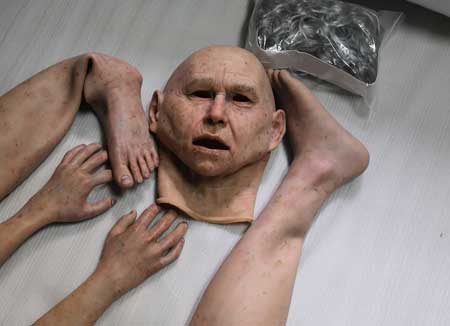
Medical aids customized by a German medical device company
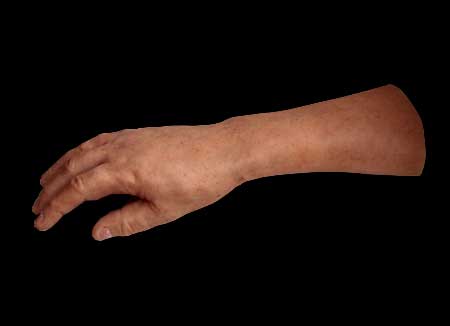
Originally customized by Australian customers
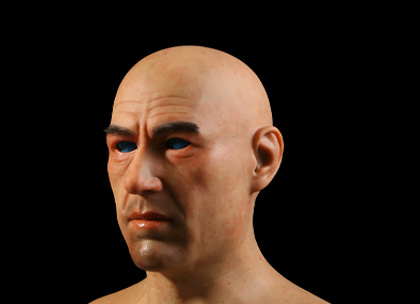
Masks of middle-aged People in Europe and America are very popular
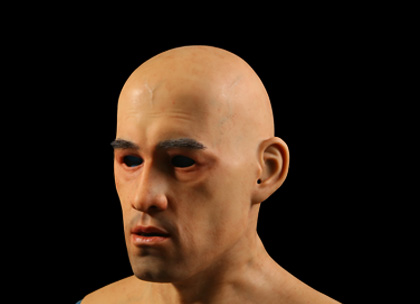
European and American young people mask, popular young people mask, popular
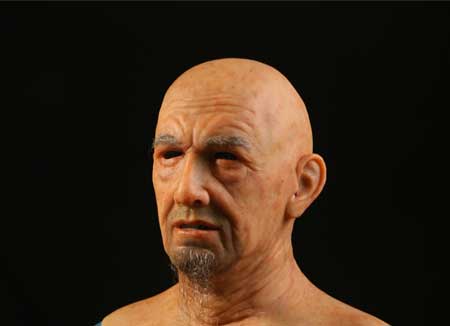
He is an old farmer in Europe and America, honest, authentic and friendly
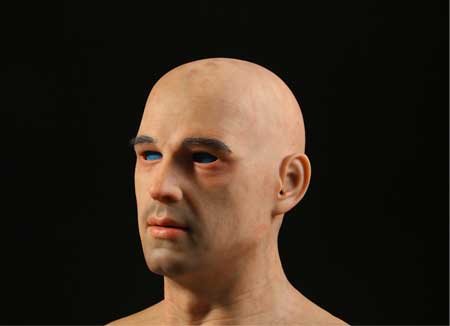
Masks for young people in Europe and America, welcomed by customers
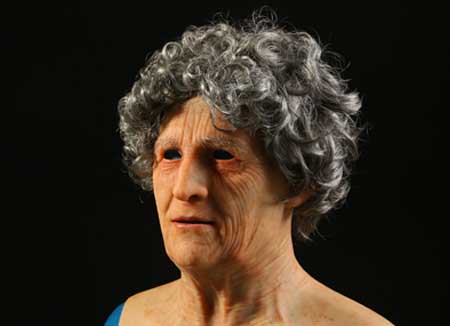
The best-selling style in Europe and America it is well received by users
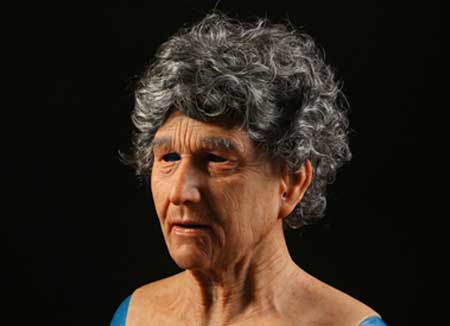
European and American best-selling style, deeply loved by users